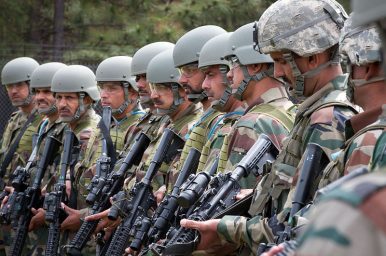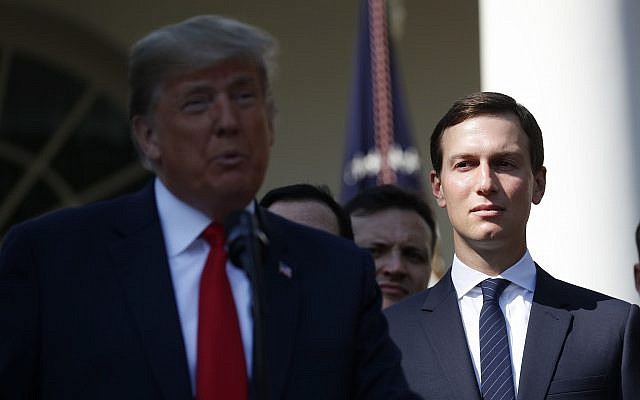News Analysis |
Indian and Chinese soldiers threw stones at each other, resulting in minor injuries, as they clashed along a major lake in Ladakh in the Western Himalayas after Indian border guards stopped Chinese troops from entering Indian Territory.
The rising tensions in the Indian Occupied Kashmir, the escalation along LOC and the ongoing insurgencies in the Indian Red Corridor and other North-Eastern states provide little room to Indian high command
The brief confrontation was resolved after Indian and Chinese sides retreated to their respective positions. The latest incident comes amid an ongoing dispute between the two sides over a strategic Himalayan plateau hundreds of kilometers away from where Indian and Chinese soldiers have been facing off against each other for more than two months.
The border trouble began in June when Chinese soldiers started to extend a road through the Doklam territory ─ known as “Donglang” in Chinese. The area is disputed between China and Bhutan.
India, a close ally of Bhutan, then deployed troops to stop the construction project, prompting Beijing to accuse India of trespassing on Chinese soil. China has said India must withdraw its troops before any proper negotiation takes place. India said both sides should withdraw their forces together.
This stand-off was preceded by China’s furious protests against the Dalai Lama’s visit to Arunachal Pradesh
The plateau is strategically significant as it gives China access to the so-called “chicken’s neck” ─ a thin strip of land connecting India’s northeastern states with the rest of the country.
Tensions escalating
Last month, China conveyed to foreign diplomats in Beijing that troops of the People’s Liberation Army (PLA) have been waiting patiently at the Doklam plateau in a standoff with Indian troops, but will not wait for an indefinite period.
Chinese officials say that in opposing the road construction, Indian border guards obstructed “normal activities” on the Chinese side, and called on India to immediately withdraw. Both India and China have rushed more troops to the border region, and media reports say the two sides are in an “eyeball to eyeball” stand-off.
India and China have rushed more troops to the border region, and media reports say the two sides are in an “eyeball to eyeball” stand-off
The region saw clashes between China and India in 1960’s, and tensions still flare occasionally. Commentators say the latest development appears to be one of the most serious escalations in recent years. The fact that Tibet’s spiritual leader, the Dalai Lama resides in India has also been a sticking point between the two countries.
This stand-off was preceded by China’s furious protests against the Dalai Lama’s visit to Arunachal Pradesh, an Indian state that China claims and describes as its own.
Will tensions escalate into a full-scale war?
It’s unlikely Beijing would want to risk an accidental skirmish with India, let alone a full-fledged war similar to that in 1962 — particularly in the midst of North Korean missile tests and diplomatic tension on multiple fronts over maritime borders.
The border trouble began in June when Chinese soldiers started to extend a road through the Doklam territory ─ known as “Donglang” in Chinese
Similarly, India also cannot afford a conflict with China. The rising tensions in the Indian Occupied Kashmir, the escalation along LOC and the ongoing insurgencies in the Indian Red Corridor and other North-Eastern states provide little room to Indian high command to concentrate forces along the Indo-Chinese border.
The only solution to this latest crisis between the two nuclear powers can be achieved through dialogue. Both the countries seem to be embroiled in an endless struggle to achieve regional dominance. With both sides not ready to budge an inch from their stated positions, the tri-boundary could well become a war zone in the days to come. Whether it will end like the 1962 war remains to be seen; the stakes may be higher this time.














